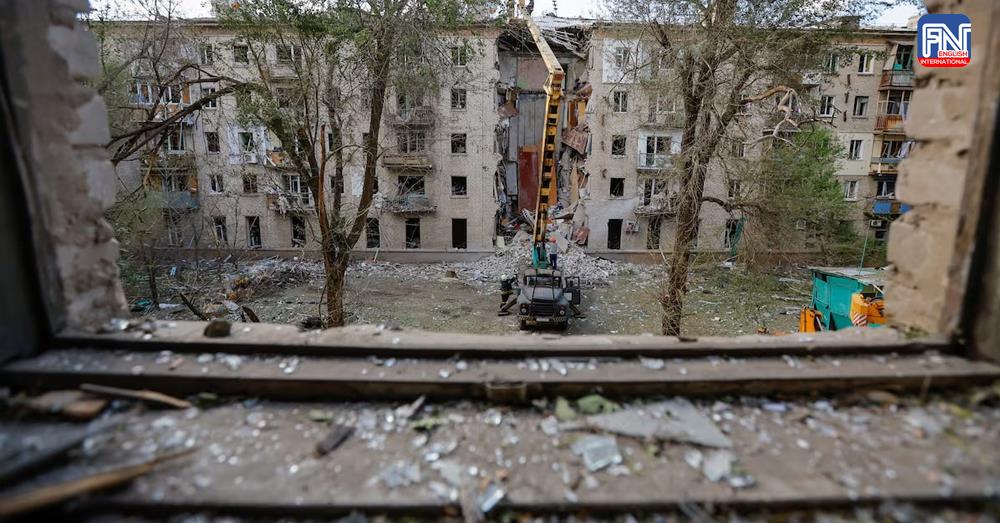MOSCOW, June 24 (Reuters) - The Kremlin on Monday squarely blamed the United States for an attack on Crimea with U.S.-supplied ATACMS missiles that killed at least four people and injured 151, and Moscow formally warned the U.S. ambassador that retaliation would follow.
The war in Ukraine has deepened a crisis in relations between Russia and the West, and Russian officials have said the conflict is entering the most dangerous escalation to date.
But directly blaming the United States for an attack on Crimea - which Russia unilaterally annexed in 2014 although most of the world considers it part of Ukraine - is a step further.
"You should ask my colleagues in Europe, and above all in Washington, the press secretaries, why their governments are killing Russian children," Kremlin spokesperson Dmitry Peskov told reporters.
At least two children were killed in the attack on Sevastopol on Sunday, according to Russian officials. People were shown running from a beach near Sevastopol and some of the injured being carried off on sun loungers. Kyiv did not comment on the attack but denies targeting civilians.
Russia said the United States had supplied the weapons, while the U.S. military had aimed them and provided data.
Russia's Foreign Ministry summoned U.S. Ambassador Lynne Tracy and told her Washington was "waging a hybrid war against Russia and has actually become a party to the conflict".
"Retaliatory measures will definitely follow," it said.
Tracy said Washington regretted any loss to civilian life, State Department spokesperson Matthew Miller told reporters, adding that Washington provided weapons to Ukraine so it could defend its sovereign territory, including Crimea.
Pentagon spokesperson Major Charlie Dietz said that "Ukraine makes its own targeting decisions and conducts its own military operations."
A U.S. official later said that Ukraine was not targeting civilians. It seemed that the Russians were able to intercept an ATACMS missile that was targeting a missile launcher, and the ATACMS exploded with shrapnel raining down on the beach, the American official added.
President Vladimir Putin has repeatedly warned of the risk of a much broader war involving the world's biggest nuclear powers, though he has said Russia does not want a conflict with the U.S.-led NATO alliance.

Photo from Reuters